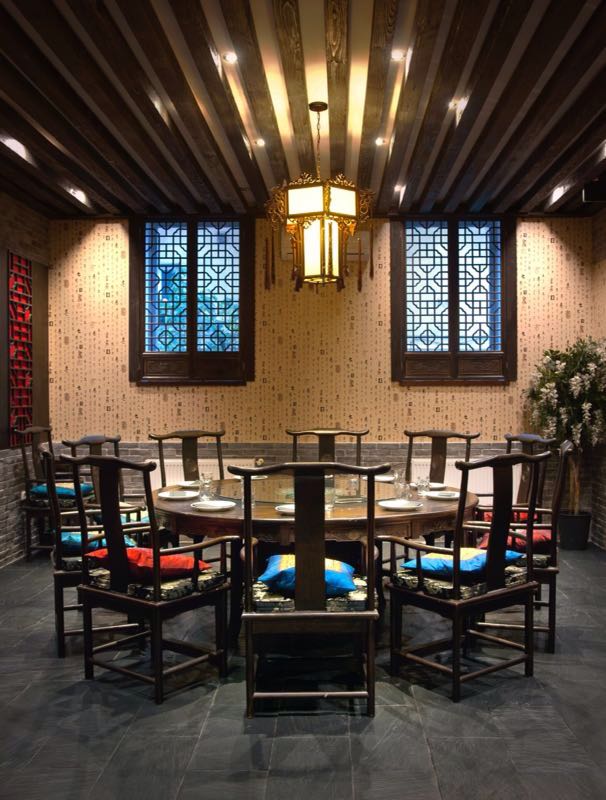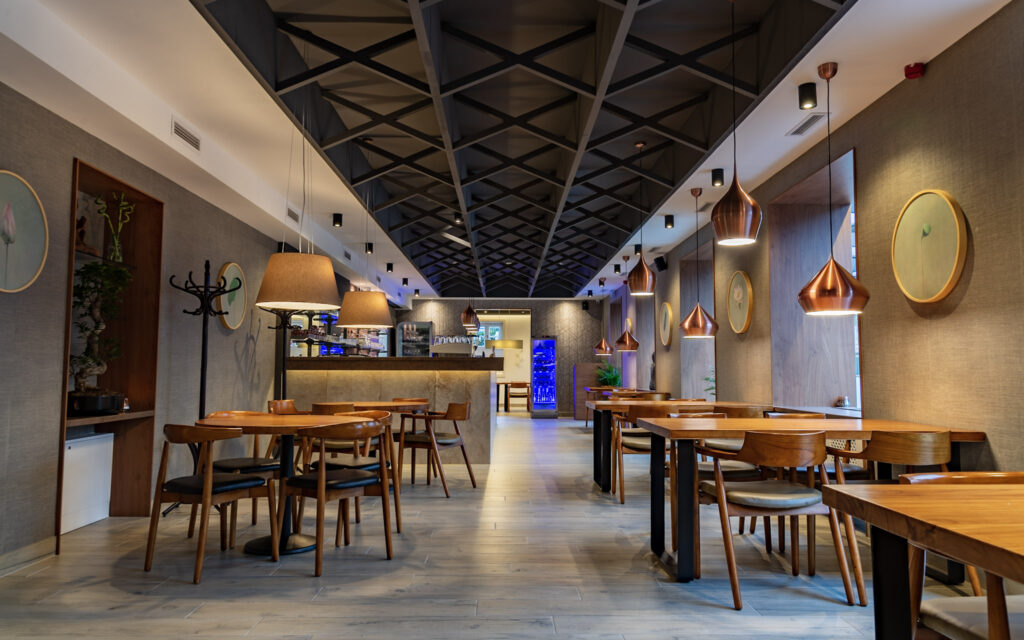PART I: WANG “MESTER”, the king of Chinese catering in Budapest
Between 40,000 and 50,000 Chinese work or study in Budapest, the hospital capital of Hungary, in central Europe. Our Chinese friends feel good there thanks to an affinity of heart with this ancient great Danubian plain, once inhabited by conquerors from Central Asia. In the 19th century, a French poet called Hungary “the little China” of Europe! The students especially appreciate the food “close to our own” and the reserved attitude of the Hungarians. A large Chinatown also saw the light of day more than 40 years ago in Budapest. Small visit with some great representatives of Chinese culture in the Hungarian capital.
LHCH: Hello Master Wang, here Wang Mester. First where are you from in China and when did you arrive in Budapest?
WANG Master: I am from Beijing and I arrived in Budapest in 1991.
LHCH: Did you study as a chef in China?
WANG Master: Actually, I graduated from a hospitality school in hotel management. I have become a recognized chef here because in China I started to be interested in all Chinese cuisines very young, but as a hobby. It allowed me to develop my sensitivity at a very young age.
LHCH: You are a brilliant self-made man then. When did you open your first restaurant here in Budapest?
WANG Master: Oh! In 2003, a restaurant where I offered Lanzhou “Lamian” (hand-pulled noodles), then I opened a new one every 2 years (2005, 2007, 2009) and, again in 2014! They were very successful! I sold 5 restaurants together to further innovate and progress.
My 4 current restaurants are between 12 and 2 year old. There are two restaurants dedicated to “Biang” pasta and two others to the Wang Mester Kitchen (“Ding Ding Xiang”) type in Shanghai or Sichuan version.
LHCH: Who is your general audience ?
WANG Master: Chinese people here know me and love my food, but we already have a large part of Hungarian guests of course, but no matter the country, everyone loves real good food. So I am not committed in Chinese cuisine to adapt it to European tastes, as most the Chinese restaurant in Europe did before. Now the public is open and appreciates all quality cuisine. That’s all.
LHCH: I ran into students from Xi’An who told me there were similarities between their cuisine and Hungarian cuisine!
WANG Master: There are a lot kind of noodles in Xi’an, beef and mutton, and many seasonings are similar to Hungary kitchen. Their dishes like the Goulash soup, beef stews, their types of “jiaozi”, and rice are like Sichuan kitchen which use hot chili, a lot of seasonings, oily, so yes, there are some similarities with Chinese cuisine. There are sometimes spicy and salty touches, almost “sweet and savory” touches, surprising additions of vinegar.
LHCH: In addition to being good at food, you have excellent communication skills in this hip city that has become Budapest.
WANG Master: Yes we have specialists who manage our social networks. We try to be trendy in our communication! (laughs)
LHCH: Which places do you like in Budapest ?
WANG Master: There are great, wonderful cafes like New York Cafe. I also like walking along the Danube at night very much, I feel the city is as beautiful as a fairy tale.
LHCH: How do you find Hungarians in general ?
WANG Master: Everyone is nervous about the Covid crisis, but in general they are very nice, always ready to help you if something goes wrong.
LHCH: What about your favorite Hungarian dishes ?
WANG Master: I love almost everything! But especially Goulash soups leavened with Hungarian beef, stews, but also pastries like Kürtöskalács, winter cake or their breads baked in oil with garlic and cheese! These are called lángos.
LHCH: You have an excellent Hungarian accent! Are your children studying here? What do you think of the level of studies ?
WANG Master: Actually, I am not very good in Hungarian, Hungarian is very difficult language, and I am too lazy. But my children are studying here in Budapest. They can speak Chinese, Hungarian and English. The teaching method is very different from China. The method here is more relaxed, more flexible, but the knowledge that is taught remains of high quality




